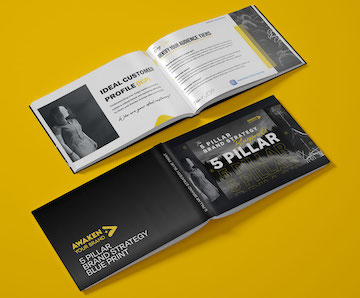When you are designing an ecommerce website, it can be easy to get caught up in the ‘meat’ of it: the product pages, category pages, email marketing and of course the landing pages. However, there are six pages on your ecommerce website that are even more important than these – in fact they are as important as your products or services. Here are our picks for most important ecommerce pages and why we think they are so crucial to website success.

#1 Why Buy From Us. It’s good to tell customers exactly what sets your ecommerce business apart. Creating this page can also be a good exercise for e-commerce website owners because it makes you think about what sets you apart from the competition. Many customers will be subconsciously asking themselves this question while browsing your website. This page gives you a chance to answer that question – what you sell online – in a way that increases your sales. Especially if you are running a bespoke suit store website, then you need to lay it out even more clearly to be able to sell your products effectively.
#2 Contact Us. Imagine your shopper, sitting on the fence and wondering whether to buy or wether to use another ecommerce platform. Maybe they have a question about your products – could be about shipping or sales taxes or a free trial; maybe they are wondering whether your company is really legit enough for them to share a credit card number. A customer in this situation will often turn to your contact page. Make sure this page includes ample contact information, including your mailing address, email, telephone support number, and live chat (if you have it). Many customers will never contact you, but they will feel better about your company just knowing that the option is there.
#3 About Us. The About Me webpage gives you a chance to share your company story and to build your brand. It gives shoppers a chance to like you, which may mean they become customers because the website is user friendly. An About page is where you begin to create the lore and also the tone that will define your brand. Many e-commerce website owners think that they can afford to skip this page, but really no one can.
#4 Testimonials. Testimonials give you clout and tell your potential buyers that previous customers have been happy with your services. It may seem silly—I mean, you could easily make up testimonials if you were so inclined—but this is a very important webpage. Your customers will look at it, and they will place immense importance on how your previous clients viewed their experience.
#5 Sitemap. Can you get to every page in your website with just two clicks? This is important not just for customers, but also for search engine bots. A sitemap makes it easy to find every single page in your website faster and also makes sure that important pages for SEO do not get abandoned.
#6 Legal stuff. This covers your terms & conditions as well as your privacy policy. In the unlikely event of a lawsuit, you will be happy that you spelled out these items in black and white and made them available to every customer! If you have questions about what kind of legal language you need, look at some of the pages from your competitors, or, better yet, talk to a lawyer.
« 6 Tips for Increasing Mobile Sales | Pitching the Old Logo »

